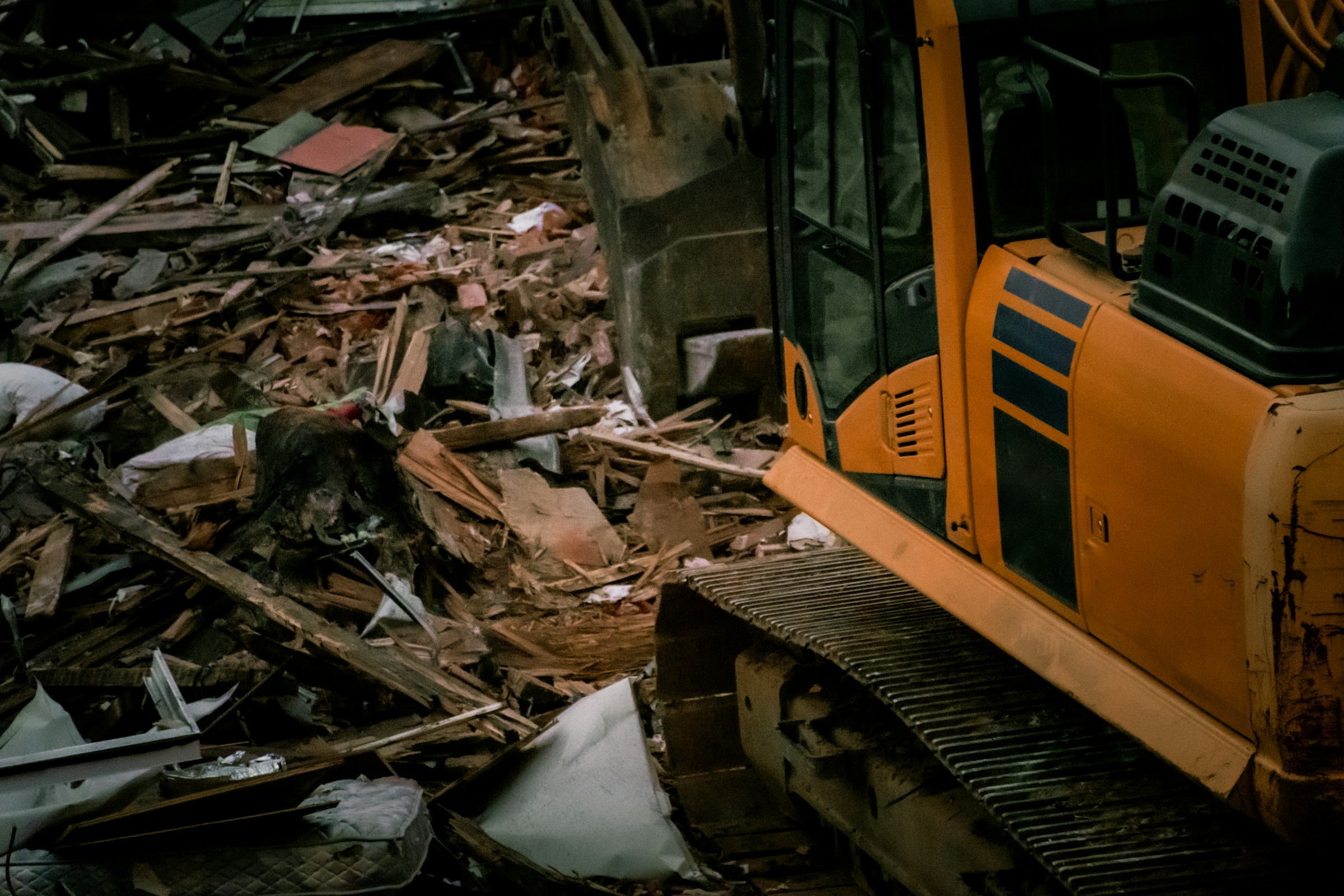Scrap metal is everywhere. From towering skyscraper demolitions to day-to-day business operations, metal waste piles up quickly—and often goes unnoticed. What many don’t realize is that scrap metal isn’t just junk; it holds real value, both economically and environmentally. In Michigan, where construction and manufacturing industries are always on the move, recognizing and recycling scrap metal is an opportunity that shouldn’t be ignored.
Let’s take a look at the types of scrap metal commonly found in construction jobs, demolition projects, and commercial facilities—and how businesses across Michigan can benefit from turning trash into treasure.
Construction Sites: A Prime Source of Scrap
Construction projects, whether they’re residential builds or commercial developments, generate large volumes of leftover material. Metals used in framing, piping, and wiring often end up as scrap. Here are some of the most common type,s:
- Steel Beams and Rebar
Used for structural integrity, steel is abundant on construction sites. Leftover beams, rods, and cut-offs can be collected and recycled. - Copper Wiring and Tubing
Copper is a highly valuable non-ferrous metal. Electricians frequently discard short ends of wiring, while plumbers may leave behind copper pipes. - Aluminum Siding and Gutters
Aluminum is lightweight and corrosion-resistant, making it a popular material for exterior work. It’s also recyclable and in high demand. - Brass Fixtures
Found in plumbing and architectural elements like doorknobs or railings, brass is another non-ferrous metal with excellent scrap value.
Demolition Projects: Old Buildings, New Opportunities
Demolition work is one of the richest sources of scrap metal. Older buildings, especially those from Michigan’s post-industrial boom years, contain substantial quantities of metal components:
- Cast Iron Pipes
Common in older plumbing systems, these heavy pipes are durable—and recyclable. - Radiators and HVAC Systems
Ductwork, boilers, and radiators often contain a mix of aluminum, copper, and steel. Dismantling these components before disposal can significantly increase scrap value. - Metal Roofing and Window Frames
Roofing made of tin, steel, or aluminum and window frames made of metal are frequent finds during tear-downs. - Electrical Panels
Contain not only steel but valuable copper wiring and sometimes circuit boards that can be reclaimed.
Other Business Sources of Scrap Metal
Beyond the construction and demolition sectors, several other industries in Michigan generate large amounts of scrap metal:
- Manufacturing Facilities
Machine shops, automotive plants, and parts manufacturers produce scrap metal in the form of shavings, offcuts, and outdated parts. Steel and aluminum are especially common. - Automotive Repair Shops
Michigan’s rich car culture or auto repair industry are another key source. Old mufflers, brake rotors, engine components and rims are just an few examples. - Restaurants and Commercial Kitchens
When appliances like stoves, refrigerators, and grills break down, they often end up as waste. Most are made from stainless steel, which is highly recyclable. - Electronic Waste (E-Waste)
Offices, schools, and even healthcare facilities frequently dispose of old computers, printers, monitors, and other electronics.
Responsible Disposal and Recycling in Michigan
Many Michigan businesses are beginning to recognize the economic and environmental benefits of properly managing their scrap metal. Instead of letting valuable materials sit in landfills, recycling programs can turn this waste into reusable raw materials.
If you’re located in southeast Michigan, Melvindale metal waste services offer a local, efficient way to manage, sort, and recycle your company’s scrap. These facilities ensure compliance with environmental regulations while helping businesses recover value from materials they were planning to discard.
Benefits of Recycling Scrap Metal
- Environmental Impact
Recycling metal reduces the need for mining, conserves natural resources, and cuts greenhouse gas emissions. It takes far less energy to recycle metal than to produce it from raw ore. - Financial Incentives
Businesses can sell scrap metal to recyclers and receive payment based on weight and metal type. Prices fluctuate, but copper, brass, and aluminum consistently offer good returns. - Improved Job Site Efficiency
Having a plan to separate and recycle metal scrap keeps work areas cleaner, safer, and more organized. - Regulatory Compliance
Proper disposal helps businesses stay compliant with local waste management and environmental standards—an important consideration for many companies in Michigan.
Final Thoughts
Scrap metal from construction, demolition, and everyday business operations isn’t just a byproduct—it’s a resource. With Michigan’s deep roots in construction and manufacturing, the potential for scrap recovery is enormous. Whether you’re running a job site, tearing down an old building, or clearing out a warehouse, recognizing the value in your metal waste is the first step toward a smarter, greener future.
Recycle wisely, and what once seemed like junk might just be your next business advantage.



































